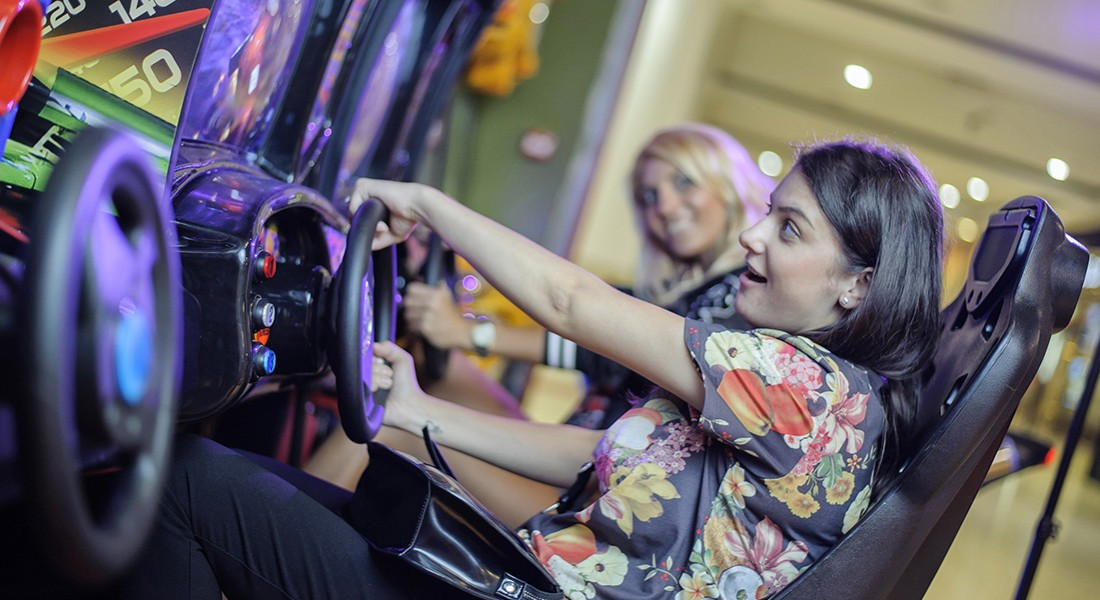Gendered entertainment needs to go
Sexist stereotypes are still common in media
There’s a system of sexism in how entertainment companies advertise based on gender stereotypes. This happens prominently among game companies and on TV, especially in media targetted at youth.
Many game companies view their audience as teen males. However, multiple studies published the past five years report that the average gamer is around the age of 30, and that there’s a less than 10 per cent difference in the ratio of male to female gamers.
PopCap released a study in 2011 in which they claim that the average gamer is a 42-year-old woman. Despite a diverse audience, companies continue to market games based on sex and violence. Though there’s a place for these themes in popular media as something that many people enjoy, consumers need to demand better from the industry.
More games should feature minorities and strong female characters who aren’t portrayed as sexual objects.
Tomb Raider’s Lara Croft was originally created to be a character who is smart and strong – a female Indiana Jones. Although she was meant to have sex appeal, that was not meant to be her main trait. However, the marketing for the games focused on her as a sex object.
The reboots of her series improved on this issue, and the character is treated better, but game companies are still sexually objectifying female characters.
Meanwhile, male characters are often portrayed as nothing more than a masculine power fantasy, though this issue is less discussed.
Companies that produce cartoons are infamous for creating shows targetted to only one gender, based on stereotypes of gender roles.
Some cartoons, such as Teen Titans, have been cancelled after being popular with the “wrong” gender. Although it’s only speculation that it was cancelled due to being popular with girls, it has been replaced by the much-hated show Teen Titans Go!
The new show aimed at young children instead of teens takes well-developed characters and turns them into flat stereotypes. A character like Robin should be a role model but instead acts sexist. DC comics has sparked controversy before for its treatment of female characters like Harley Quinn. One of the strongest characters from Teen Titans, Raven, never got her own series until recently.
These are parts of a larger problem, intentional or not. Media companies end up creating sexist shows, because they target specific groups, even though this can be a negative practice.
Consumers need to be more vocal about wanting entertainment that doesn’t have stereotyped gender roles. We need to be sending a message to writers, and the companies they work for, that we want better from them.
Parents especially should be saying that they don’t want companies saying what their children should like as a girl or a boy, especially when it’s been proven that any kind of entertainment is never popular with only one gender. Entertainment companies should be trying to prevent sexist practices that are still common.
Jack is a film and creative writing student at the University of Winnipeg.
Published in Volume 71, Number 24 of The Uniter (March 16, 2017)







